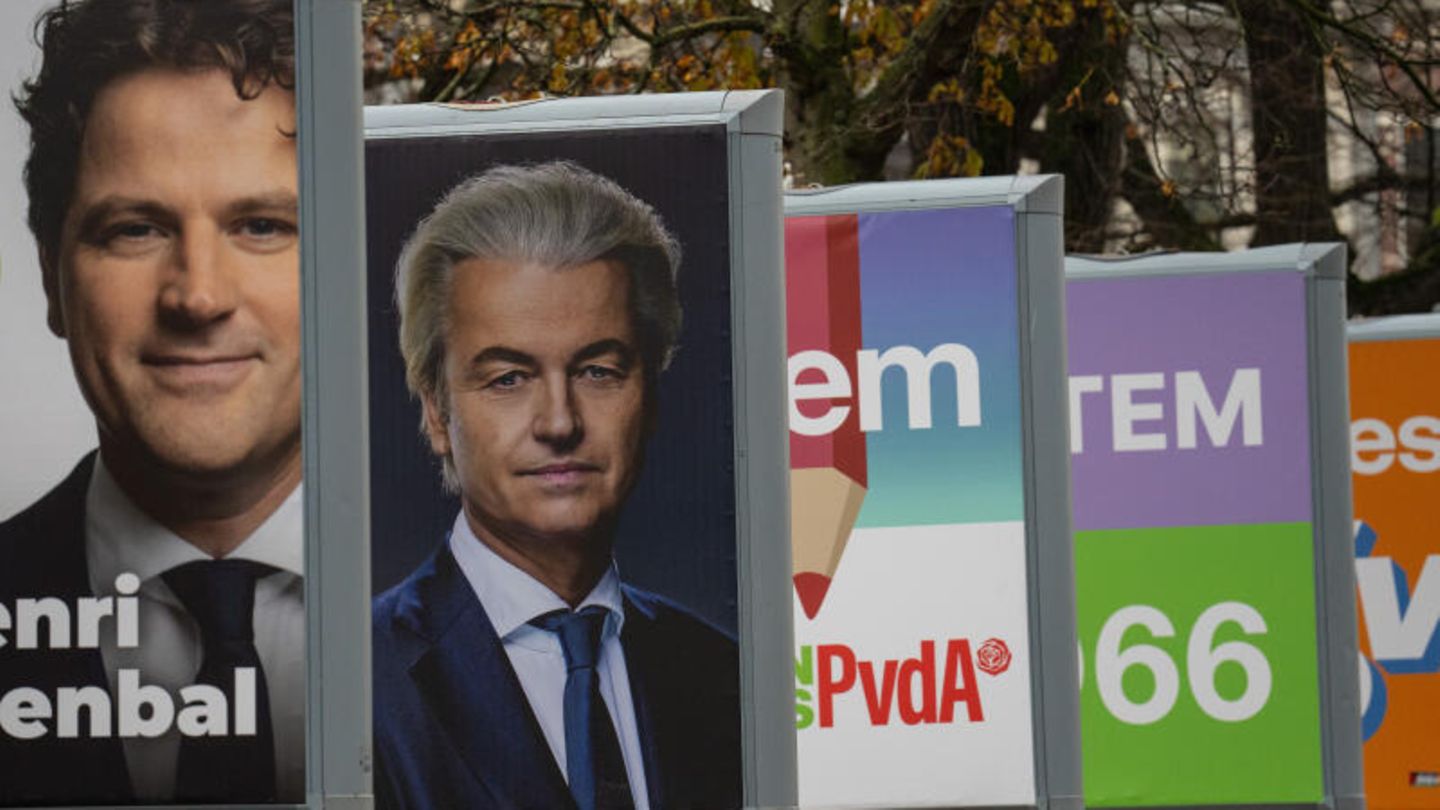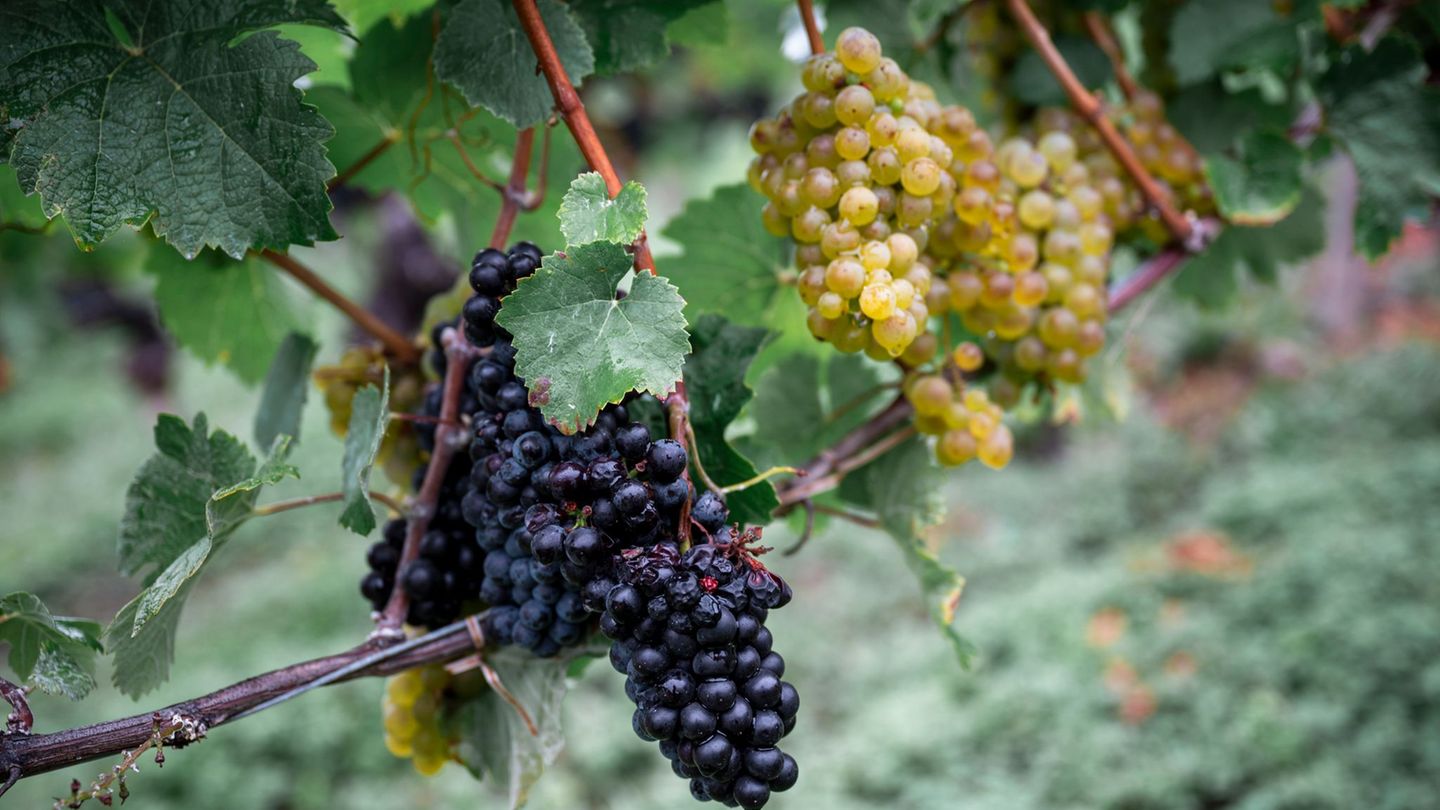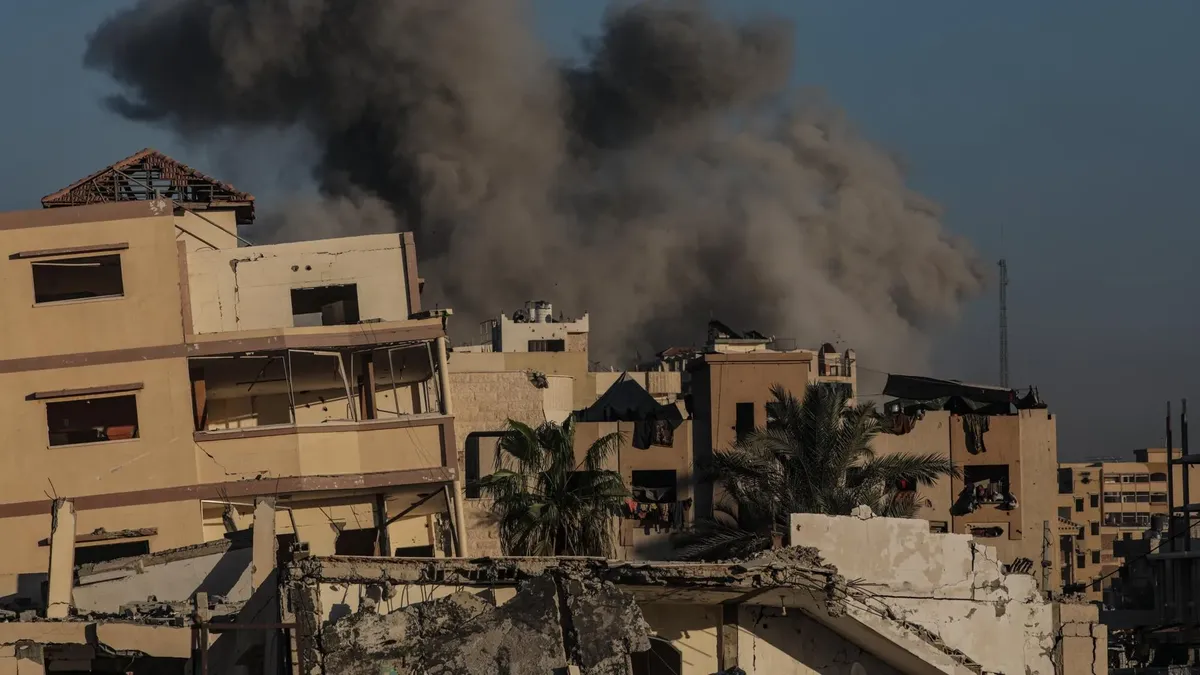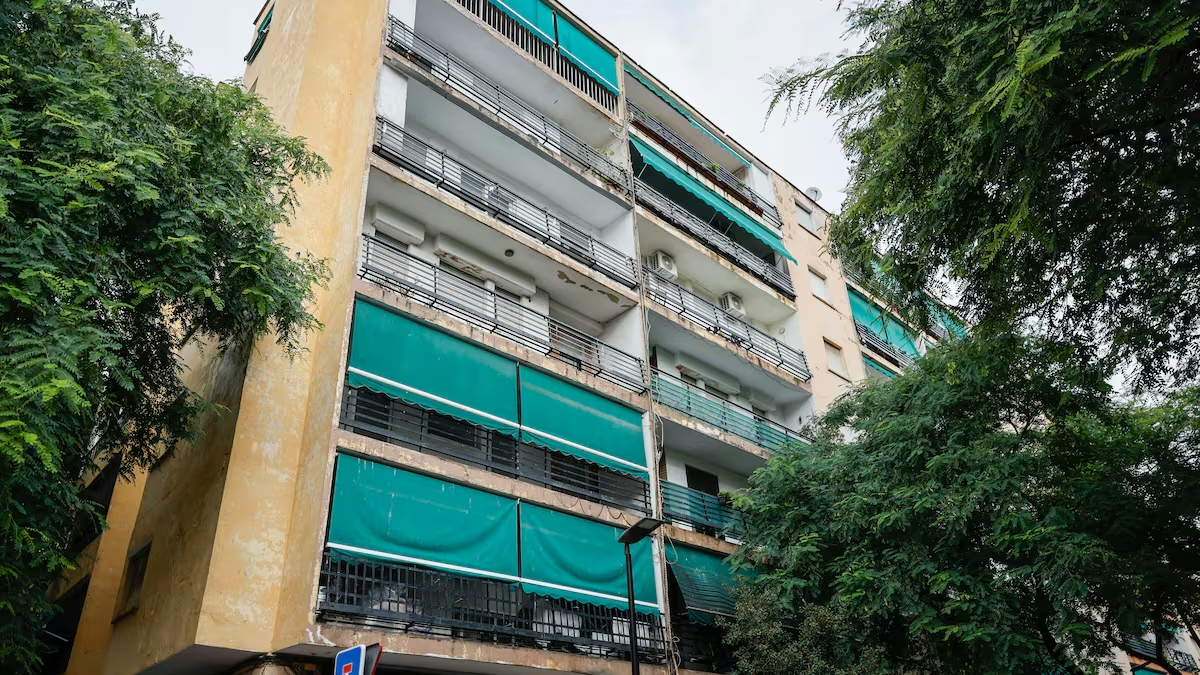The Dutch government was broken by the dispute over asylum policy. Now the Dutch are voting again – and the signs point to change. Answers to the most important questions.
After long-time Prime Minister Mark Rutte’s coalition collapsed, the Dutch will elect a new parliament next Wednesday. New parties and alliances are standing for election, and the vote promises to be exciting. An overview:
Who is the favorite in the Netherlands?
In the polls, three parties are almost neck and neck. One of them is the Nieuw Sociaal Contract (New Social Contract) party, abbreviated as NSC, which was founded just three months ago by the former Christian Democrat Pieter Omtzigt. After a series of scandals, she wants to restore trust in politics and limit immigration. Omtzigt himself does not want to become head of government.
Also at the forefront are Rutte’s center-right party VVD and the new alliance between the social democratic PvdA and the green party Groenlinks. VVD leader and Justice Minister Dilan Yeşilgöz, who herself comes from Turkey, caused a stir with her willingness to form a government with the right-wing populist and Islamophobic Geert Wilders if necessary. Groenlinks/PvdA are relying on the experience of their top candidate, former EU Commissioner Frans Timmermans.
According to pollsters, Wilders’ PVV could be the fourth strongest force. The farmers’ party BBB surprised people at the beginning of the year with their victory in the Senate election. It appeals primarily to rural voters who feel misunderstood by urban elites.
According to a survey by the polling institute I&O Research, more than half of the Dutch want to vote for a different party than in the 2021 election.
What topics are they about?
One of the most important issues in the election campaign is migration. Rutte’s coalition collapsed in the summer due to the dispute over limits on family reunification for asylum seekers. The parties are trying to outdo each other with bold promises to curb immigration. The housing shortage is also a major election issue.
Above all, many voters want more integrity in politics after 13 years of Rutte, who survived so many scandals that he is considered a “Teflon mark,” says analyst Julia Wouters. “The most important question for many Dutch voters at the moment is how we are governed. Is the government honest? Is it transparent?”
How is the election going?
26 parties are fighting for the 150 parliamentary seats, which are distributed according to proportional representation. There is no barrier clause like the five percent hurdle in Germany. Since no party will achieve a majority of 76 MPs, a multi-party coalition must be formed.
Negotiations begin immediately after the election and in the past often lasted several months. The last Rutte government only lasted 271 days. Until an agreement is reached, Rutte will remain in office.
Why are there new elections?
Rutte surprised the Dutch in July by pointing to “insurmountable” differences within his coalition that made early elections necessary. A few days later, he announced that he wanted to leave politics after 13 years as head of government.
Several party leaders then resigned and the political landscape changed. There is speculation that Rutte wants to replace Jens Stoltenberg as NATO Secretary General – rumors that Rutte commented on by saying that a woman would be recommended for this post.
Source: Stern
I have been working in the news industry for over 6 years, first as a reporter and now as an editor. I have covered politics extensively, and my work has appeared in major newspapers and online news outlets around the world. In addition to my writing, I also contribute regularly to 24 Hours World.




